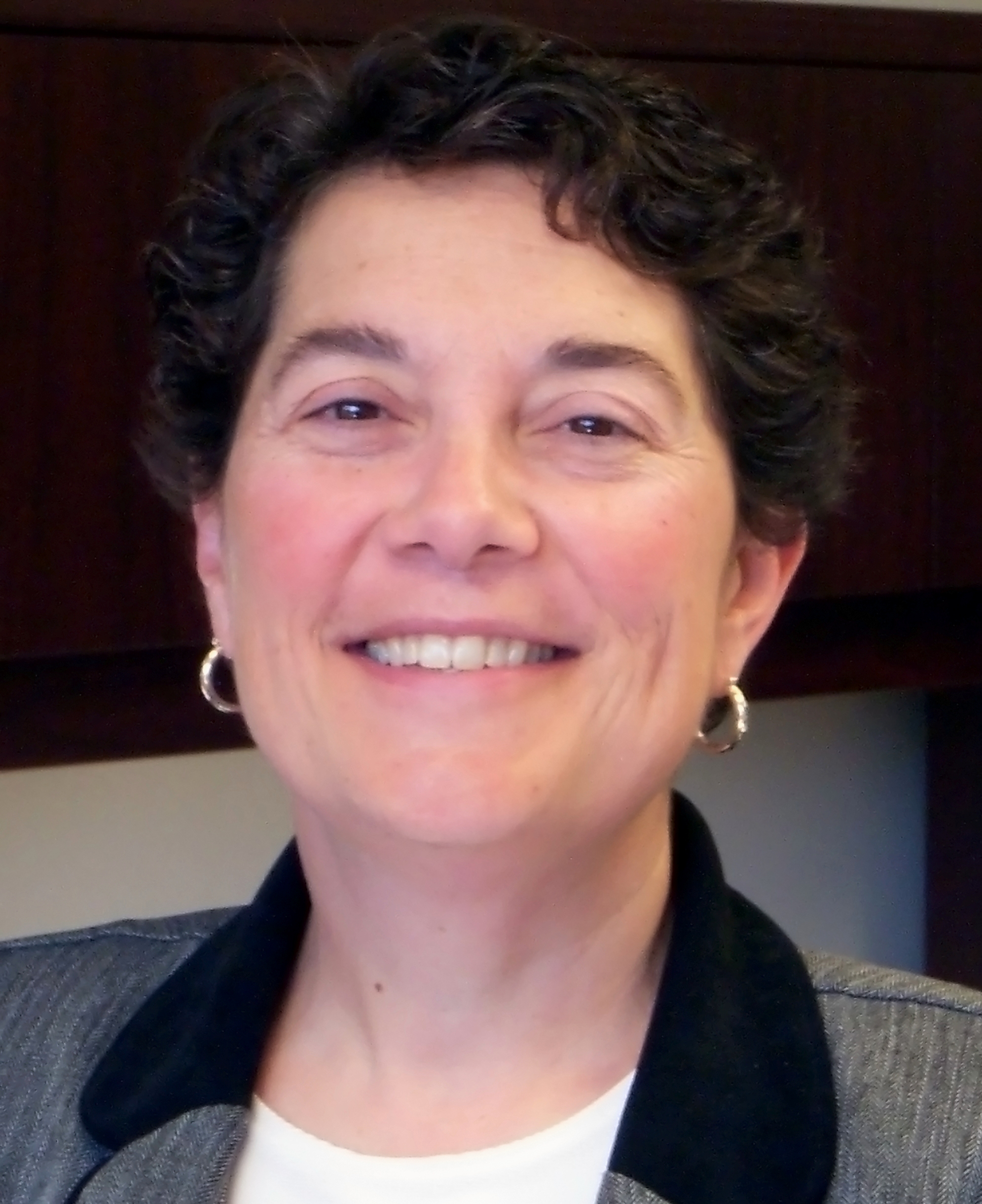
Should dehydration concern elders?
Yes, according to Old Colony Elder Services (OCES), the Brockton based regional elder services agency serving seniors, individuals with disabilities and caregivers throughout greater Brockton and Plymouth County.
“Dehydration is a major cause of elders being hospitalized. Many infections in elders have been linked to dehydration and, if not diagnosed early enough, the mortality rate can be as high as 50 percent. One of the factors that can cause loss of fluids is hot and humid summer weather,” states Diana DiGiorgi, Executive Director of OCES.
Seniors have about 10 percent less fluid content in their bodies than younger adults. When the body doesn’t have enough water and electrolytes to carry out normal functions, dehydration is a health risk. If the body becomes dehydrated, there is a decrease in total blood volume, which causes constriction of blood vessels, resulting in an increase in the heart rate. Without sufficient blood the heart is unable to pump efficiently, resulting in a decrease in the amount of blood to the brain, liver, and kidneys. Left untreated, dehydration will eventually result in failure of multiple organs and ultimately death.
Dehydration can also be caused by side effects from medications such as diuretics and laxatives. Other medical conditions like high blood sugar, heat exhaustion, and sometimes exercising, can cause dehydration. Some elders develop swallowing disorders which will greatly impact their intake of fluid. Some may even decrease their intake of fluid because of the fear of incontinence.
DiGiorgi explained, “The signs of dehydration can be very similar to dementia and Alzheimer’s symptoms, such as confusion, muscle weakness, constipation, sunken eyes, dizziness, pneumonia, low blood pressure and increased heart rate.”
A good way to monitor dehydration of an elder is to monitor his/her body weight on a daily basis. Dehydration is mild if the weight loss is reduced by 2 percent; it is severe if there is a 5 percent (or more) loss of body weight.
OCES shares these recommendations for detecting, avoiding and treating dehydration:
· If an older person shows minor signs of dehydration, provide water and encourage the person to drink it. Also encourage replenishment of electrolytes, found in fruit juices, sports drinks, milk, and many fruits and vegetables, like potatoes and avocados.
· In case of severe dehydration, the person should receive medical help. Some complications of dehydration are kidney failure, coma, shock, electrolyte abnormalities, and other heat related diseases.
· Older adults should drink 8 glasses of water per day. Juices and soda do not count—just plain drinking water. Seniors should also choose foods that have high water content such as fresh fruits, vegetables, watermelon, yogurt, or Jell-O. They should be encouraged to drink often during the day, even though they do not feel thirsty.
· If you believe an elder you know may be at risk for dehydration, give them small amounts of fluid often, write down how much the person drinks and eats, make sure their room is not too hot or cold, and make certain that he/she is wearing the right kind of clothes for the temperature in the room.
Dehydration is a preventable illness that can be very dangerous if not treated.
About OCES
Incorporated in 1974, Old Colony Elder Services is a private, non-profit corporation designated as one of 27 Aging Services Access Points (ASAPs) in the Commonwealth of Massachusetts. OCES offers a number of programs to serve seniors, individuals with disabilities, their families and caregivers such as Family Caregiver Support; Adult Family Care; Supportive Housing; Nutrition; Money Management; Protective Services and Home Care.
OCES serves elders, individuals with disabilities, their families and caregivers in 23 communities in Southeastern Massachusetts: Abington, Avon, Bridgewater, Brockton, Carver, Duxbury, East Bridgewater, Easton, Halifax, Hanover, Hanson, Kingston, Lakeville, Marshfield, Middleboro, Pembroke, Plymouth, Plympton, Rockland, Stoughton, Wareham, West Bridgewater and Whitman.
The organization’s mission is to provide services that support the dignity and independence of elders by helping them maximize their quality of life; live safely and in good health; and, prevent unnecessary or premature institutionalization. For more information call (508) 584-1561 or visit the website at www.oldcolonyelderservices.org.
Old Colony Elder Services Outlines the Signs of Dehydration and Shares RecommendationsRead More



Follow Us!